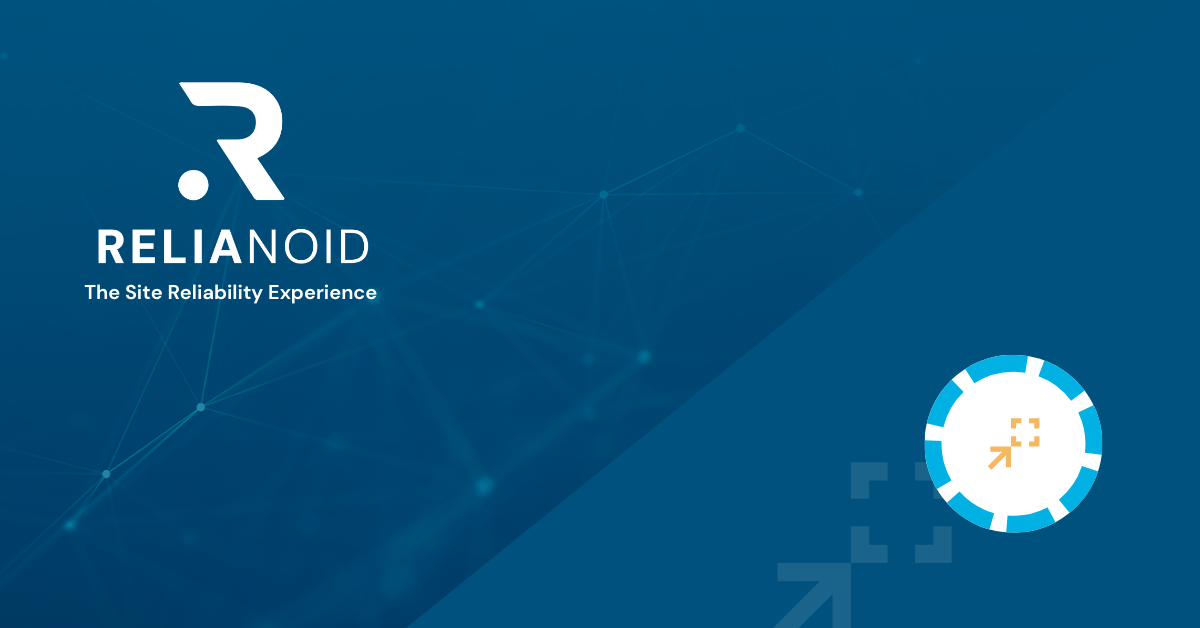In recent years, the healthcare industry has grappled with numerous challenges, ranging from heightened security threats to revenue disruptions. Amidst these complexities, employee burnout has emerged as a critical concern, particularly affecting healthcare professionals. Addressing burnout is not only vital for retaining skilled professionals but also essential for maintaining the quality of patient care. This article explores the burnout epidemic in healthcare and how strategic implementation of technology, specifically RELIANOID’s solutions, can lighten the workload and improve the overall employee experience.
The Burnout Epidemic in Healthcare
The healthcare sector has been navigating a myriad of changes, and employee burnout has emerged as a significant concern. According to the American Medical Association, 63 percent of physicians reported burnout by the end of 2021. This alarming statistic underscores the urgent need for organizations to address burnout, not only to retain professionals but also to uphold the quality of patient care.
EClinicalWorks and likewise applications
RELIANOID, a leading provider of high availability and security solutions, has emerged as a key player in alleviating burnout within the healthcare sector. One of their notable contributions is improving the daily applications they use, such as eClinicalWorks, a leader in ambulatory clinical solutions. This partnership aims to enhance technology infrastructure, ensuring that systems remain resilient, secure, and contribute to an improved employee experience.
Productivity Enhancement
One major contributor to burnout in healthcare is the increased manual data entry associated with Electronic Health Records (EHR). While EHRs have significantly improved patient tracking, the additional administrative burden can overwhelm clinicians. RELIANOID addresses this challenge by prioritizing user-centric design in EHR systems. Clinicians can now navigate hospital floors seamlessly, maintaining swift access to EHRs and other critical applications, ultimately enhancing productivity and reducing burnout.
RELIANOID: A Pillar of High Availability and Security
In this transformative journey, RELIANOID stands out as a trusted partner, providing advanced solutions to ensure high availability and security. Their role is instrumental in creating an infrastructure that not only supports the implementation of transformative technologies but also ensures the resilience and security of critical healthcare systems.
As the healthcare industry continues to evolve, the collaboration between them and RELIANOID becomes indispensable in creating an environment where technology enhances the employee experience, addresses burnout, and ultimately elevates the quality of patient care. Together, they pave the way for a more efficient, resilient, and patient-focused healthcare landscape.





